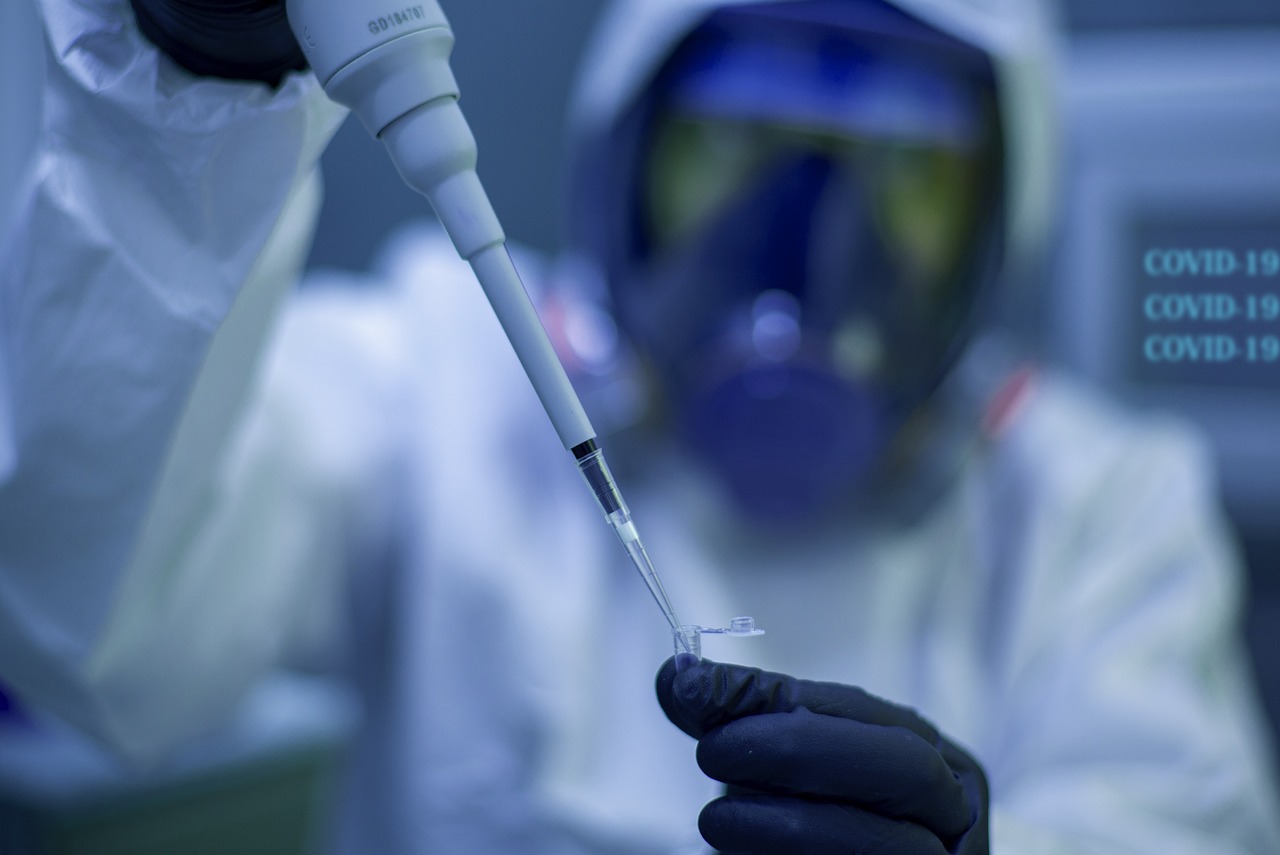During the coronavirus crisis, many people in Germany refused the mRNA vaccines that were highly praised by politicians and the media because they felt that this new technology had not been sufficiently researched. Many wondered, among other things: What if the mRNA technology causes molecular processes in the body that had not been anticipated?
A new study published in the journal Nature now provides evidence that these fears may not have been unfounded. The team led by Anne E. Willis from the University of Cambridge was able to show that mRNA vaccinations produce small amounts of unwanted proteins. The chemical modification of the mRNA in the vaccines can lead to a process called “ribosomal frameshifting”, which means that the genetic information of the mRNA is not read out correctly and in some cases a kind of “molecular waste” is produced during this process. To understand how this happens, however, it is necessary to understand how mRNA technology works.
When the mRNA packaged in nanolipids, i.e. tiny “fat globules”, enters the cells, the information in the mRNA is read out by the ribosomes, the “protein factories” of the body’s own cells. In the case of mRNA technology, these are then supposed to produce parts of the spike protein, which is normally found on the envelope of the SARS-CoV-2 pathogen, during the translation process. This in turn should then trigger a response from the immune system. However, for this process to take place at all, the mRNA in the vaccine must be reasonably stable and must not be broken down directly by the body.
The building blocks of the mRNA are therefore chemically modified. Specifically, so-called N1-methylpseudouridine is used instead of uridine.
According to the new study, this can lead to the “building instructions” for the proteins no longer being read in the usual triple cycle – the reading frame shifts. This only happens rarely, as the researchers emphasize. When this happens, the translation process usually stops. In some cases, however, it can also happen that molecular “rejects” or unwanted proteins are formed – i.e. proteins that have no function.
In order to investigate the possible effects of these mutations, the scientists first examined the reactions to the BioNTech/Pfizer vaccine in mice. In fact, an altered formation of proteins and an unintended immune response were observed. The reactions to the various vaccines were then investigated in humans. Of two groups of 41 volunteers, one group received the AstraZeneca vector vaccine, the other the BioNTech/Pfizer vaccine.
As a reminder, the vector vaccine from AstraZeneca has not been administered in Germany since the end of 2021 after cases of sinus vein thrombosis occurred. However, the new study primarily investigated the immune response. According to the researchers, it was found that the BioNTech/Pfizer vaccine can lead to a higher unintended immune response in humans compared to the AstraZeneca vaccine.
In 21 people who were vaccinated with the BioNTech/Pfizer vaccine, such a reaction occurred more frequently than average. Although the test subjects did not show any symptoms, the scientists were able to identify immunological processes in their blood samples that were directed against the unwanted proteins and not against the spike proteins.
However, the researchers also explained that they had not observed any harmful effects in their previous experiments. In their experiments, they also found that it is possible to stabilize mRNA vaccines in such a way that the ribosomes do not make any reading errors.
However, the question now arises as to whether the observed effects are related to the known serious side effects of vaccination that have occurred in some cases. In a press release by the Science Media Center, a kind of agency for science communication, which was widely quoted by the German “leading media”, the scientists interviewed who were not involved in the study largely gave the all-clear and often also pointed out current uncertainties.
Marina Rodnina, biochemist and Director of the Department of Physical Biochemistry at the Max Planck Institute for Multidisciplinary Natural Sciences in Göttingen, for example, explained that such effects can occur in human cells even without vaccination. Normally, the cells are well equipped to remove unwanted proteins. In addition, the data from the study show that the quantity of protein components formed is very low. Whether the immune responses triggered by the incorrectly produced proteins are not relevant to human health cannot be conclusively clarified in view of the small number of test subjects. She also emphasized that “one should not draw conclusions based on very small cohorts (as in this work) and that further studies should specifically focus on the potential effects of such transframe peptides”.
Julian Schulze zur Wiesch, Senior Physician in charge of the Infectious Diseases Section at the University Medical Center Hamburg-Eppendorf, also explained that he would like to see further and more in-depth immunological analyses in vaccinated people. “The available data is interesting, but should definitely be confirmed and expanded quickly by further studies,” he says. However, he does not consider the effect described to be “dangerous or worrying”. It also has “in all probability” nothing to do with the general vaccination reaction or with the side effects of mRNA vaccines.
However, some scientists were more critical: Neva Caliskan, biochemist at the Helmholtz Institute for RNA-based Infection Research in Würzburg, for example, pointed out that the effects of the modifications on the accuracy of mRNA translation had “not yet been fully investigated”.
Caliskan also explained that immune cells could react very sensitively to certain areas of the protein components (peptides) formed by “frameshifting”, even to the smallest amounts. Although such processes “pose a low risk, they can trigger an autoimmune reaction and impair the effectiveness of mRNA therapeutics”. The extent to which this is the case must be investigated in further experiments.
Then it would also be possible to determine why people react differently to the mRNA vaccination. Autoimmune diseases are also being discussed in the context of post-vac syndrome as one of the severe side effects of vaccination.
The only thing that scientists agree on is that the observed effect is “interesting” and needs to be researched further.
Source: https://de.rt.com





